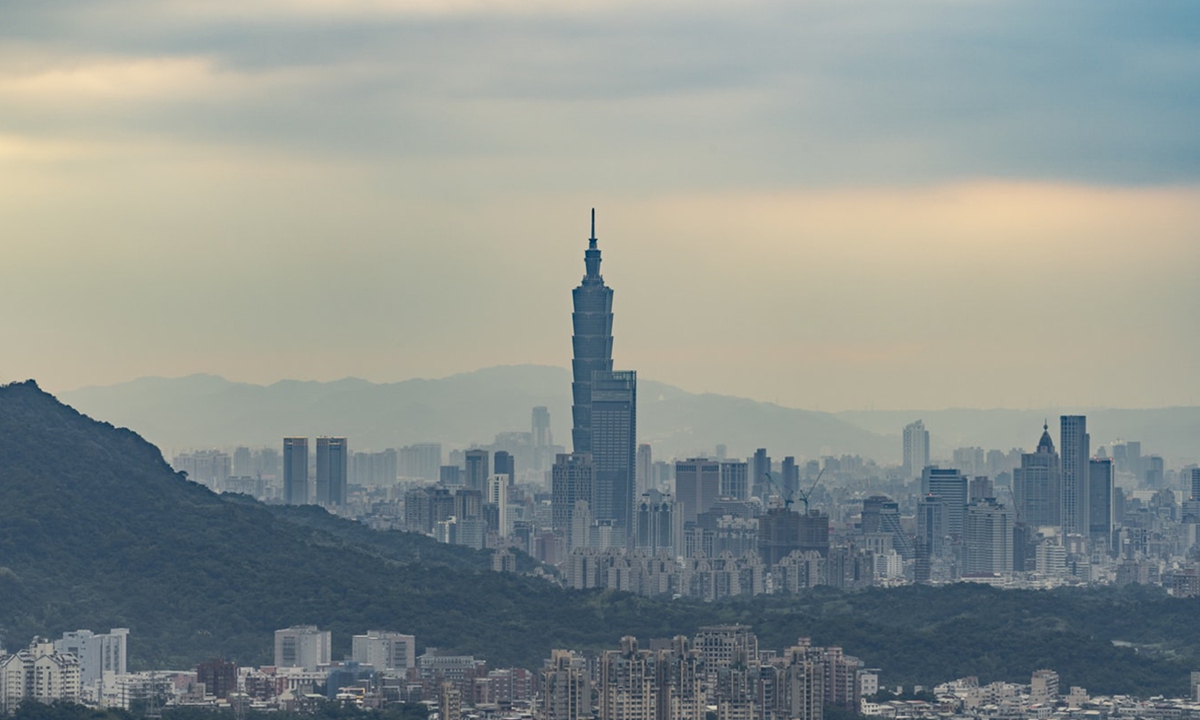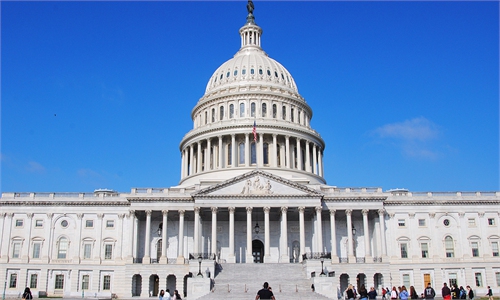WHA rejects Taiwan’s bid for 6th consecutive year as political tricks to challenge one-China principle are doomed to failure

Taiwan Photo: Unsplash
With no suspense, the World Health Assembly (WHA) - the decision-making body of the WHO - rejected the proposal of inviting the island of Taiwan to the WHA as an observer for the sixth consecutive year, as any ill-intentioned attempt to use the occasion to deceive the international community and play political tricks to challenge the one-China principle will end up in vain.
Taiwan authorities' bid to take part in the WHO's annual assembly was rejected on Monday, Reuters reported, as the 75th WHA began on Sunday in Geneva and end on May 28.
The official agenda of the meeting showed that a general committee meeting examined the supplementary items on Sunday including a proposal supported by countries such as Eswatini and Belize to include the island into the WHA as an observer.
WHO Principal Legal Officer Steve Solomon told a press briefing earlier that 13 member states proposed it to grant the island observer status.
It's not the first time that the Taiwan question has been in focus at the WHA as it had been ruled out of the WHA for five consecutive years at the 74th assembly in May 2021. Chinese officials previously affirmed that the rejection of the Taiwan-related proposal in the WHA only proved that the one-China principle is widely accepted by the international community and represents an irresistible trend.
"Although the meeting focuses on public health issues, it has become an occasion for diplomatic wrestling about the one-China principle," Xin Qiang, deputy director of the Center for American Studies at Fudan University, told the Global Times on Monday.
The island invited some countries that have "diplomatic ties" to bring up the proposal, which was vocally supported by some Western countries like the US, in order to stage a political show. But all these moves won't change the result that Taiwan would be rejected by the UN health body without a cross-Straits agreement, Xin said.
The one-China principle is the shared belief of the international community and nearly 90 nations expressed adherence to the principle and sent special letters to the WHO in opposition to Taiwan's participation in WHA, Chinese Foreign Ministry spokesperson Wang Wenbin said on Monday.
The central government highly values the health and livelihood of the people in the island, and has made proper arrangements for the island to take part in global public health affairs in accordance with the one-China principle, Wang said, noting that the so-called excuse of a global epidemic system gap is nonsense.
While experts and officials consider the island's participation into the assembly a political rather than a healthcare issue, the secessionist Democratic Progressive Party (DPP), like it did in previous years, has been staging a political show by advocating "Taiwan can help" and by protesting for not being invited to the WHA when the island continued to report a record high of new infections in recent days, fully exposing its incompetence and amplifying the purpose of DPP to seek secessionism through the epidemic.
However, such political manipulation has been encouraged by Western politicians such as US officials and European lawmakers, who praised the island's public health performance and advocated for its membership at the WHA.
In a recent statement, US Secretary of State Antony Blinken strongly "urged the WHO to invite Taiwan to participate as an observer and lend its expertise to the solution-seeking discussions at the 75th WHA this May." And inviting Taiwan to attend exemplifies the WHO's commitment to an inclusive approach to international health cooperation and "health for all."
Taiwan media also reported that more than 1,500 parliamentarians from 32 European countries and Canada signed a letter to the WHO in backing the island's bid to attend the WHA, which was also described by some European media as "a record number."
Some European parliamentarians have been walking down the pro-Taiwan path in recent years, which explains their support for the island's bid as political and ideological motives, Xin said, noting that the majority of the EU member states won't be influenced by such political maneuvers to challenge the one-China policy.
Such growing vocal support in the West has been fueled by the US, especially since the Ukraine crisis. Some European lawmakers have been adopting a more proactive attitude in backing the island, a Beijing-based expert on international affairs who preferred not to be identified told the Global Times on Monday.
"But all those tactics won't change the fact that any ill-intentioned attempt to collude with the external forces in seeking secessionism is doomed to fail," he said.
From 2009 to 2016 when both sides across the Taiwan Straits recognized the one-China principle as the foundation for relations across the Straits, the Chinese mainland had made special arrangements for Taiwan to attend the assembly. But since the secessionist DPP took office, it has broken the political foundation for the island to participate in activities of the WHO.
The DPP put political ambitions above the well-being of the people on the island, stubbornly adhered to the secessionist stance of "Taiwan independence" and refused to recognize the "1992 Consensus."


